The recent announcement of the UK’s National Semiconductor Strategy, backed by a government investment of up to £1 billion, promises to boost the UK’s strengths and skills in design, R&D, and compound semiconductors. This strategic move aims to grow domestic chip firms and advance the sector by driving research, innovation, and commercialisation.
The strategy highlights the importance of semiconductors in our modern world. They are the backbone of almost every electronic device we rely on, from smartphones and computers to medical equipment and power stations. With the global semiconductor industry projected to become a trillion-dollar industry by 2030 (McKinsey 2022), it’s clear that their significance is only set to grow. Importantly for organisations working on emerging technologies like us here at Quantum Dice, semiconductors play a crucial role in enabling emerging technologies such as quantum technologies, artificial intelligence and 6G networks.
Recognising and leveraging the UK’s semiconductor expertise
The pledged investment of up to £200 million between 2023 and 2025, and up to £1 billion in the next 10 years, is welcome news to many. However, it has drawn criticism from some in the industry when compared with other initiatives in Europe, the US, South Korea, and China. The EU has set aside funding equivalent to £37 billion up to 2030, which will come from pooling investment from the EU and the Member States, with private actors also expected to contribute (European Commission, 2023). The US has allocated equivalent to £40.4 billion (U.S. Department of Commerce), while South Korea unveiled a £335 billion private sector investment plan in March this year, which includes £182 billion from Samsung Electronics over the next 20 years (Reuters, 2023). China is also reportedly rolling out a support package, which is worth around £113.4 billion over five years, and is thought to have been implemented from the first quarter of 2023 (Reuters, 2023).
The UK Government has said that the funding is focused on supporting what it sees as the UK’s unique strengths by improving industry access to infrastructure, driving further research and development, and fostering international collaboration. It is a significant first step towards ensuring that British chip firms have the necessary resources and support to thrive in an increasingly complex political landscape. However, we must remember the importance of consistent and long-term funding in this sector, where development cycles can be multi-year and require significant upfront investment.
Acknowledging the skills shortage
A key challenge facing the semiconductor industry is a shortage of skills and talent. The strategy acknowledges ‘that not enough people possess the right technical skills and qualifications to meet the needs of industry’. Its solution to this is to invest in schools, teachers, career advice, and nurture the higher education sector, while also promoting industry-led research and knowledge transfer.
While some of these efforts are already incorporated into existing initiatives, there is consensus that securing a strong talent pipeline of skilled individuals with expertise in semiconductor technologies will have far-reaching advantages for the overall growth and success of the whole UK ecosystem.
Considering national security
One of the key objectives of the strategy is to ‘protect our national security’. Two key areas of national security risks were highlighted: 1) UK technology being used against the UK; and 2) cybersecurity vulnerabilities embedded within semiconductor hardware.
The latter point is particularly relevant to Quantum Dice and our vision for the future with on-chip quantum random number generators (QRNGs) embedded within industrial and consumer IoT devices. By embedding QRNGs directly onto semiconductor chips, this would enable a paradigm of “security-by-design”. This approach aligns with a collaborative research and development initiative that was initiated through a Memorandum of Understanding (MOU) between the UK and Singapore in 2019, focusing on improving the security of internet-connected devices (National Cyber Security Centre, 2019).
The commitment, therefore, to convene security experts across government, academia and business this year to identify areas of further government support into improving security through hardware is a welcome one, and an important one too.
The intersection of semiconductors, photonics, and quantum technology
Semiconductors play an enabling role in both photonics and quantum technology, and the investment promised by UK’s National Semiconductor Strategy will be necessary for the development and commercialisation of innovative technologies such as Quantum Dice’s self-certifying QRNG technology, which harnesses the fundamental quantum properties of light.
The interplay between semiconductors, photonics, and quantum technology enables the development of advanced devices and systems that utilise the principles of quantum mechanics to control and manipulate light, electricity, and quantum states for various applications in communication, computing, sensing, and measurement. Given that photonics and quantum technologies continue to develop rapidly and form a key part of the UK’s ambition to ‘deliver strategic advantage through science and technology’, it is important that the semiconductor sector is well-funded and supported to meet the growing demand (Royal Academy of Engineering, 2023).
Conclusion
To conclude, the National Semiconductor Strategy represents a significant milestone for the UK semiconductor industry and promising foundation from which to build on. We believe the future looks bright for the sector, and we look forward to learning more about how this strategy will be implemented.
Collaboration and engagement are key to driving progress and Quantum Dice is proud to be involved with industry groups and communities that enable the exchange of ideas. If you’re passionate about the intersection of quantum technology and semiconductors, consider getting involved with the Institute of Physics’ semiconductor special interest group.




